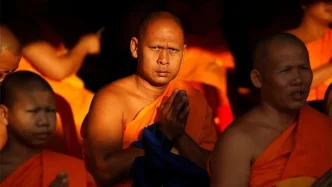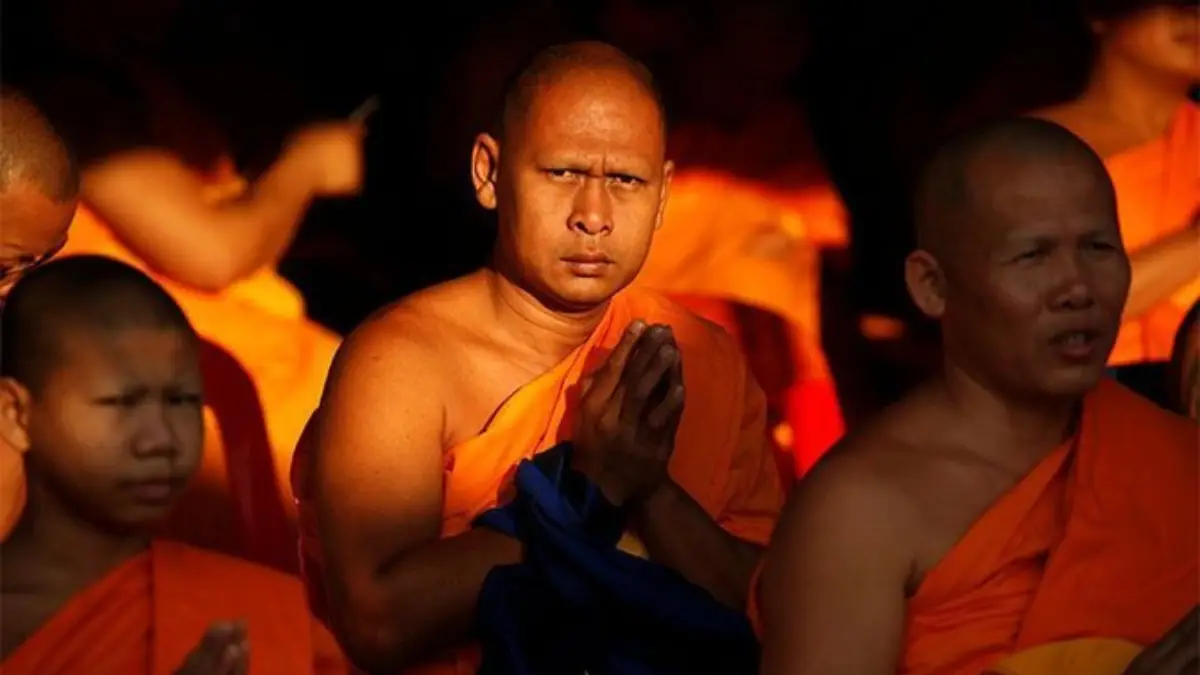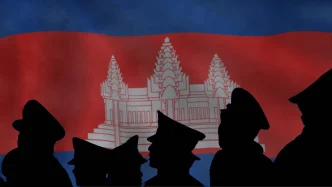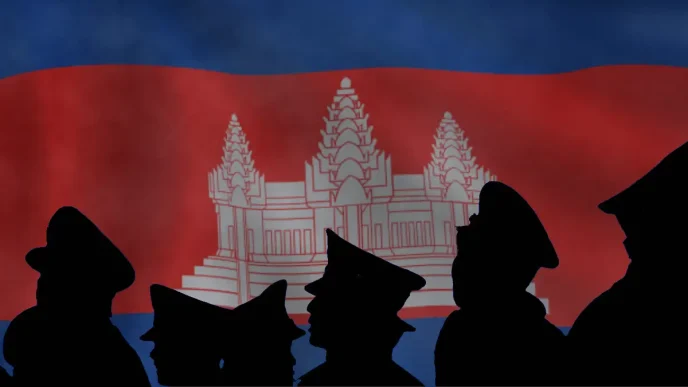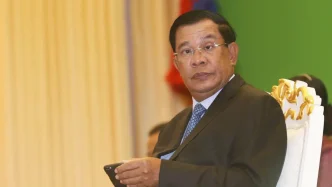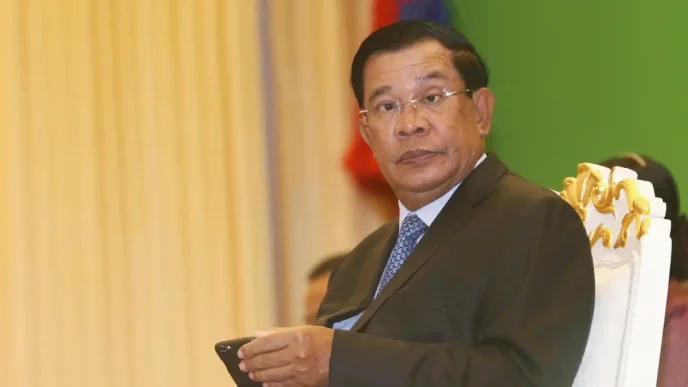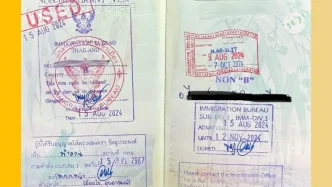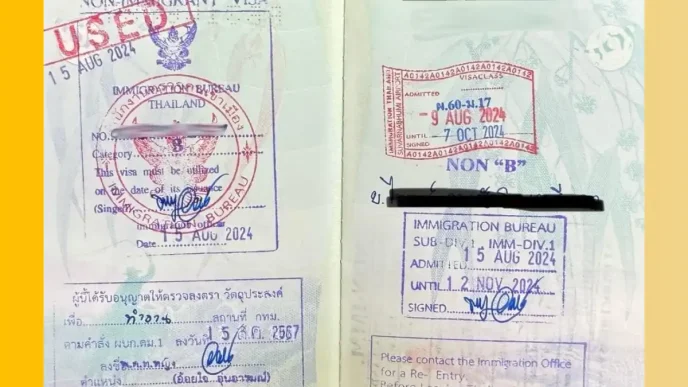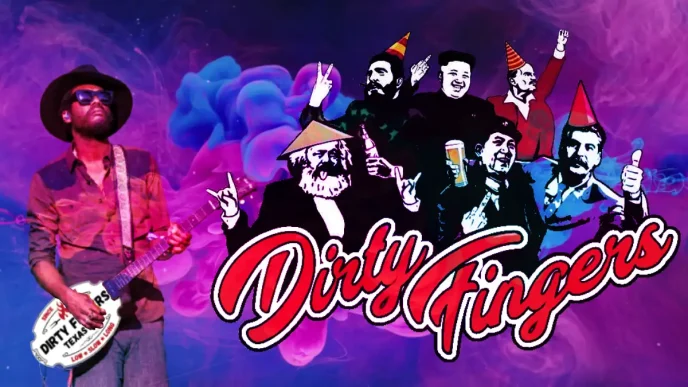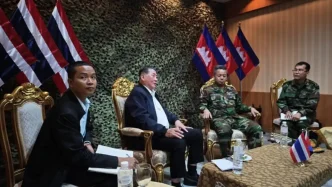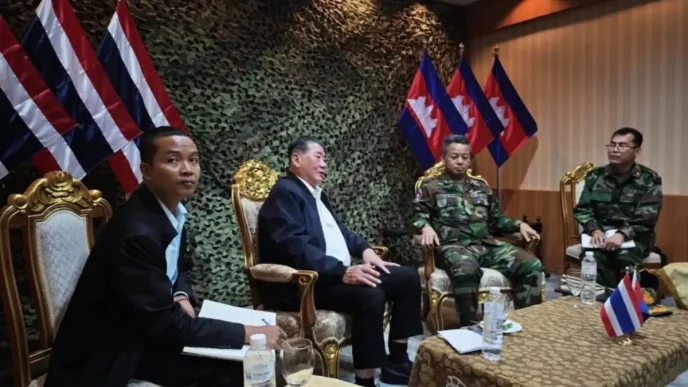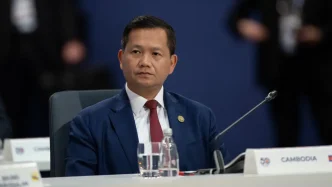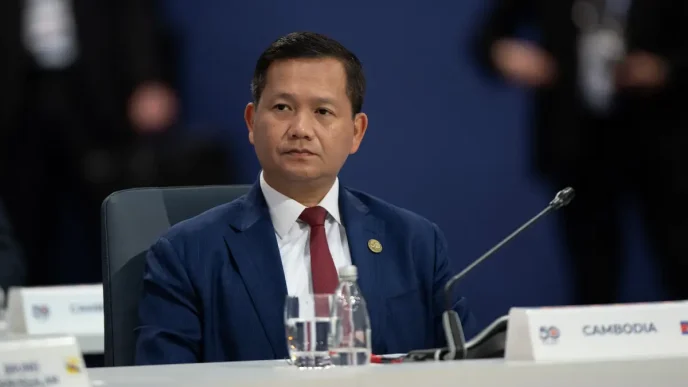In a sweeping operation launched on August 6, 2025, Thailand’s Central Investigation Bureau (CIB) targeted 154 active Buddhist monks and 27 former monks accused of criminal activities ranging from embezzlement to drug trafficking. The move, orchestrated by a specialized unit called the Centre to Combat Threats Against Buddhism, has reignited a national conversation about the integrity of the Buddhist clergy, a revered institution in Thai society, and the balance between religious sanctity and legal accountability.
A Nationwide Manhunt
The operation began in the early hours of Tuesday morning, with CIB commissioner Pol Lt Gen Jirapop Phuridej directing officers to raid 200 locations across Thailand. His deputy, Pol Maj Gen Jaroonkiart Parnkaew, led the deployment, targeting monks allegedly involved in serious crimes such as money laundering, drink driving, and participation in international crime syndicates. According to Jirapop, the former monks are believed to have committed offenses during their time in monkhood, further tarnishing the reputation of the Sangha, the Buddhist monastic community.
By midday, only one suspect had been apprehended. Phra Surat, a 45-year-old monk from Wat Wan Boon in Pathum Thani province, was arrested on suspicion of laundering money for an international drug network. Officers escorted him to his temple for defrocking—a symbolic act of stripping monastic status—before taking him into custody. Surat has denied the allegations, claiming that his bank account was misused by a visitor to the temple seeking to make merit, a traditional Buddhist practice of offering donations for spiritual benefit.
As of the latest reports, CIB officers continue to scour the country for the remaining suspects, underscoring the scale and urgency of the operation. The crackdown follows a series of high-profile scandals involving senior monks, including allegations of sexual misconduct and corruption, which have shocked the predominantly Buddhist nation where monks are traditionally seen as moral exemplars.
Buddhism Under Scrutiny
Buddhism holds a central place in Thai culture, with over 90% of the population identifying as followers of Theravada Buddhism. Monks are not only spiritual leaders but also community figures who often mediate social and personal disputes. Temples, or wats, serve as centers of education, charity, and cultural preservation. However, recent years have seen growing public disillusionment as reports of monastic misconduct have surfaced, challenging the sanctity of these institutions.
The establishment of the Centre to Combat Threats Against Buddhism signals a proactive stance by Thai authorities to address these issues. The unit’s formation reflects a broader concern that criminal behavior within the clergy could erode public trust in one of the country’s most cherished institutions. Yet, the operation raises questions about the intersection of state power and religious autonomy. Some observers worry that aggressive policing could alienate devout communities or be perceived as an overreach into sacred spaces.
Legal and Cultural Challenges
The crimes attributed to the targeted monks are diverse and severe. Embezzlement of temple funds, often donated by laypeople as acts of merit, strikes at the heart of Buddhist ethics, which emphasize detachment from material wealth. Allegations of drug trafficking and involvement in international crime syndicates further compound the damage, painting a picture of systemic issues within certain monastic circles. Money laundering, as in the case of Phra Surat, suggests connections to organized crime that transcend national borders, posing a complex challenge for law enforcement.
Handling such cases is fraught with cultural sensitivities. Monks are traditionally afforded a degree of reverence that complicates legal proceedings. The act of defrocking, as seen with Phra Surat, is not merely a legal formality but a deeply symbolic gesture that can provoke strong reactions from local communities. Authorities must navigate these cultural nuances while ensuring that justice is served, a balancing act that has sparked debate among scholars, religious leaders, and the public alike.
Public Reaction and Monastic Reform
The operation has elicited mixed responses from Thai society. For some, the crackdown is a long-overdue step to cleanse the Sangha of corrupt elements. In urban centers like Bangkok, where modernization has sometimes clashed with traditional values, there is growing support for stricter oversight of monastic affairs. Many lay Buddhists express frustration over repeated scandals, feeling that such behavior betrays the teachings of the Buddha and undermines their personal acts of devotion, such as giving alms—a daily ritual for many Thais, as seen in countless temples across the capital.
Others, particularly in rural areas where monks remain integral to community life, view the operation with skepticism. There is concern that the broad scope of the raids—targeting hundreds of individuals across the country—could unfairly stigmatize innocent monks or disrupt temple activities. Critics argue that the focus should be on systemic reform rather than punitive measures, advocating for better education and oversight within the monastic system to prevent misconduct before it occurs.
The Thai government has faced similar dilemmas in the past. Over the last decade, efforts to reform the Sangha have included proposals for financial transparency in temples and stricter vetting processes for ordination. However, these initiatives often encounter resistance from conservative factions within the Buddhist hierarchy, who see them as encroachments on religious independence. The current operation may serve as a litmus test for the feasibility of deeper reforms, with its success or failure likely to shape future policy.
Broader Implications for Thailand
Beyond the immediate legal ramifications, the crackdown highlights broader tensions in Thai society between tradition and modernity. As Thailand continues to urbanize and integrate into the global economy, traditional institutions like the Buddhist clergy are increasingly scrutinized under contemporary ethical and legal standards. This operation could set a precedent for how the state addresses misconduct in other revered sectors, balancing respect for cultural heritage with the demands of accountability.
Moreover, the international dimension of some allegations, such as money laundering for drug networks, underscores Thailand’s role in regional crime dynamics. The country has long been a hub for illicit activities due to its strategic location in Southeast Asia, bordering Myanmar, Laos, and Cambodia—areas known for drug production and trafficking. If monks are indeed found to be complicit in such networks, it could prompt closer scrutiny of cross-border crime and potentially strain diplomatic relations with neighboring countries.
Looking Ahead
As the CIB continues its search for the remaining suspects, the outcome of this operation will likely have lasting repercussions for Thailand’s Buddhist community and the nation’s cultural landscape. Will the crackdown restore public faith in the Sangha, or will it deepen divisions between state and religious authorities? The answer remains uncertain, but what is clear is that the intersection of faith, law, and morality is under intense examination in Thailand today.
For now, the nation watches as temples, once unassailable bastions of spiritual refuge, become sites of legal reckoning. The journey toward reconciling reverence with reform is just beginning, and its path will shape how Thailand navigates the delicate balance between preserving tradition and enforcing justice in the years to come.

